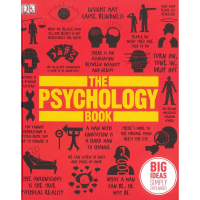Top 10 Best Books On Forensic Medicine
Forensic medicine is a fascinating field that combines medicine, science, and law to solve complex criminal cases. If you are interested in learning more about ... read more...forensic medicine, reading books can be a great way to expand your knowledge. In this article, we will introduce you to some of the best books on forensic medicine that cover a wide range of topics, from forensic anthropology to forensic toxicology.
-
In the book "Forensics: What Bugs, Burns, Prints, DNA, and More Tell Us About Crime," bestselling author Val McDermid explores the many ways that forensic science is used in criminal investigations. Val McDermid is a celebrated crime writer and journalist who has written more than thirty books, including several bestselling crime thrillers. In "Forensics," she delves into the world of forensic medicine and provides readers with a comprehensive and engaging overview of the field. She explores a wide range of topics, from the use of insects to estimate time of death to the analysis of fingerprints and DNA evidence.
McDermid's book is not only informative, but it is also highly entertaining. She uses real-life examples of criminal cases to illustrate the principles of forensic science, and her writing style is engaging and easy to understand. Whether you are a fan of crime fiction or simply have an interest in the science behind criminal investigations, "Forensics" is a book that is sure to captivate and inform.
Author: Val McDermid
Link to buy: https://www.amazon.com/Forensics-Burns-Prints-About-Crime/dp/0802125158/
Ratings: 4.6 out of 5 stars (from 2462 reviews)
Best Sellers Rank: #45,045 in Books
#6 in Forensic Science Law
#106 in Criminology (Books)
#180 in History & Philosophy of Science (Books)

Photo by JC Gellidon on Unsplash 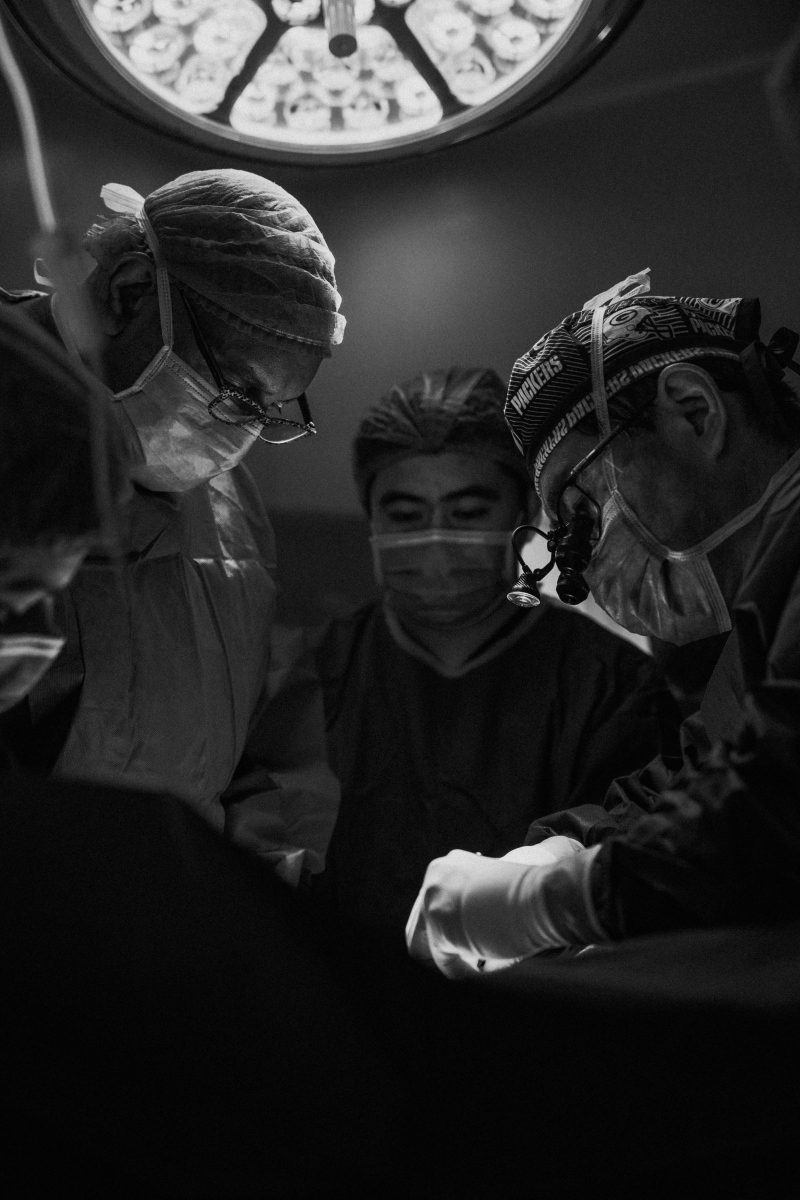
Photo by JC Gellidon on Unsplash -
Forensic Science: Fundamentals and Investigations, written by Anthony J. Bertino and Patricia Bertino, is considered to be one of the best books on forensic medicine. The book is a comprehensive guide that covers a wide range of topics related to forensic science and its application in criminal investigations.
Anthony J. Bertino is a retired detective with the New York City Police Department, where he spent over 20 years working in the forensic investigation unit. He is also an adjunct professor of forensic science at the John Jay College of Criminal Justice in New York City. Patricia Bertino is a former forensic science teacher and science department chairperson at Tottenville High School in Staten Island, New York. Together, they have combined their extensive experience and knowledge to produce a well-rounded book that is accessible to readers at all levels of understanding.
The book begins by providing an overview of forensic science and its role in the criminal justice system. It then goes on to cover a range of topics including crime scene investigation, the collection and preservation of evidence, forensic serology, DNA analysis, and forensic toxicology. Additionally, the book provides a comprehensive look at the application of forensic science in various fields such as firearms and tool mark analysis, arson investigation, and digital forensics.
Forensic Science: Fundamentals and Investigations is an excellent resource for students, professionals, and anyone with an interest in forensic science. The book's clear and concise writing style, coupled with its detailed coverage of a range of topics, make it an essential read for those looking to gain a better understanding of the field. Whether you're a seasoned forensic investigator or a novice in the field, this book is sure to provide valuable insights and knowledge that can be applied in real-world settings.
Author: Anthony J. Bertino and Patricia Bertino
Link to buy: https://www.amazon.com/Forensic-Science-Investigations-Anthony-Bertino/dp/1305077113/
Ratings: 4.5 out of 5 stars (from 135 reviews)
Best Sellers Rank: #192,558 in Books
#2 in Forensic Medicine (Books)
#55 in Forensic Science Law
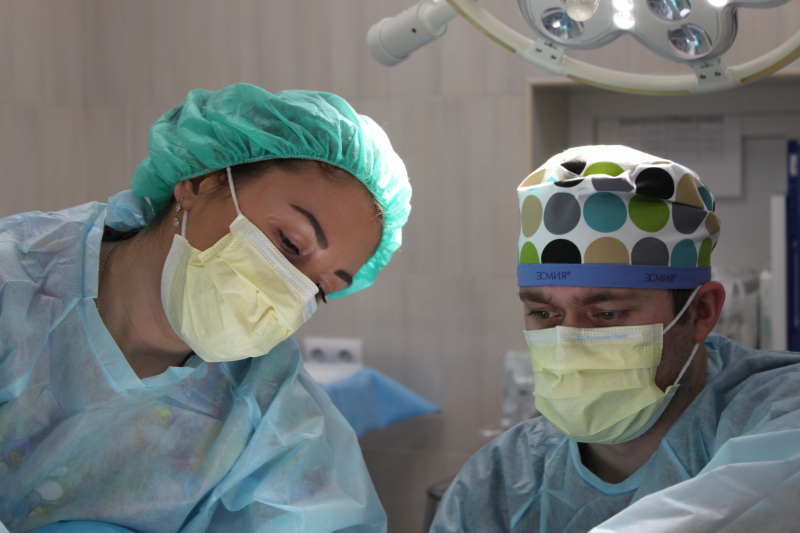
Photo by Павел Сорокин from Pexels 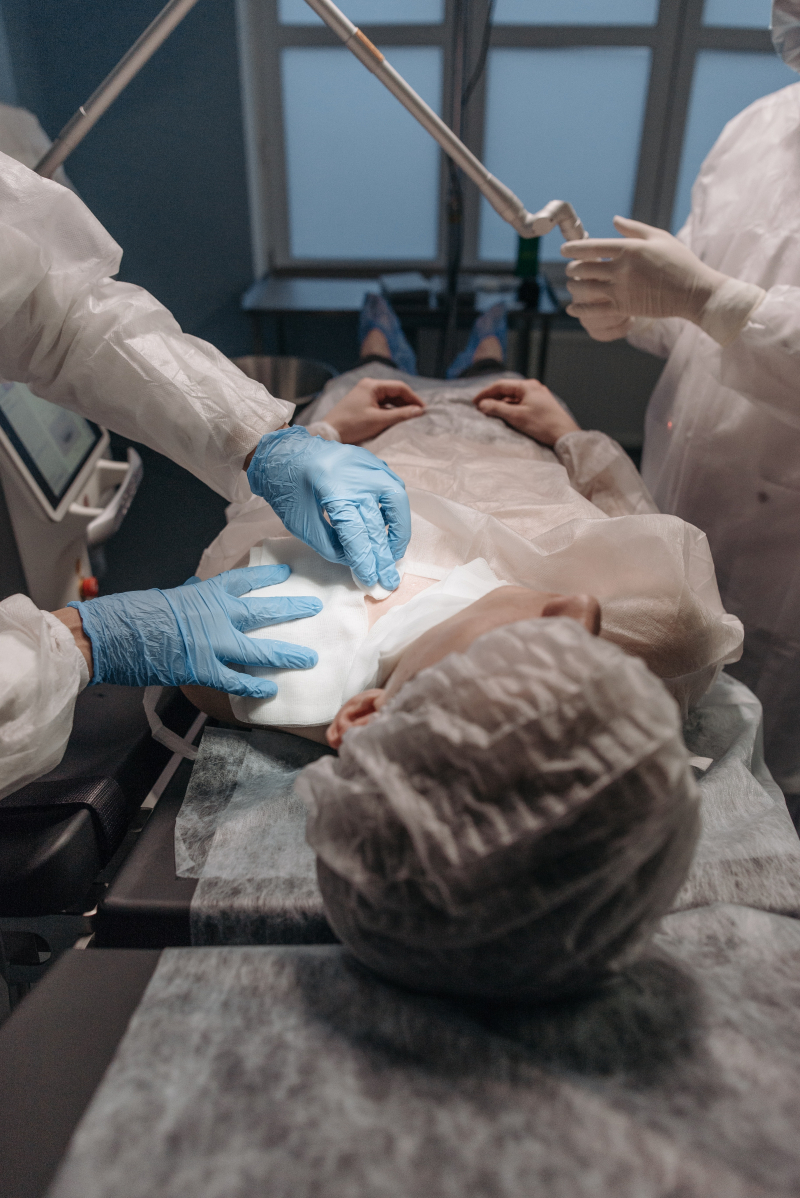
Photo by Pavel Danilyuk from Pexels -
Spitz and Fisher's Medicolegal Investigation of Death, authored by Werner U. Spitz and Francisco J. Diaz, is widely considered one of the best books on forensic medicine. The book provides a comprehensive guide to the investigation of death, covering both the legal and medical aspects of the process.
Werner U. Spitz is a renowned forensic pathologist with decades of experience in the field. He has been involved in high-profile cases such as the assassination of President John F. Kennedy and the death of Anna Nicole Smith. Spitz has also served as a consultant to various law enforcement agencies and is a professor at the University of Michigan Medical School.
Francisco J. Diaz is a forensic pathologist who has worked on numerous high-profile cases, including the death of Michael Brown in Ferguson, Missouri. He has served as a consultant to various law enforcement agencies and is a professor at the University of Miami Miller School of Medicine.
In Spitz and Fisher's Medicolegal Investigation of Death, the authors draw on their extensive experience to provide a thorough overview of the forensic investigation process. The book covers topics such as the legal and ethical considerations surrounding death investigations, the various methods of determining the cause of death, and the use of forensic evidence in court.
The book also includes case studies and real-world examples to illustrate the concepts discussed, making it an invaluable resource for anyone involved in the investigation of death, including forensic pathologists, medical examiners, law enforcement officials, and attorneys.
Author: Werner U. Spitz and Francisco J. Diaz
Link to buy: https://www.amazon.com/Spitz-Fishers-Medicolegal-Investigation-Death/dp/0398093121/
Ratings: 4.8 out of 5 stars (from 84 reviews)
Best Sellers Rank: #365,731 in Books
#8 in Forensic Medicine (Books)
#140 in Forensic Science Law

Photo by Anna Shvets from Pexels 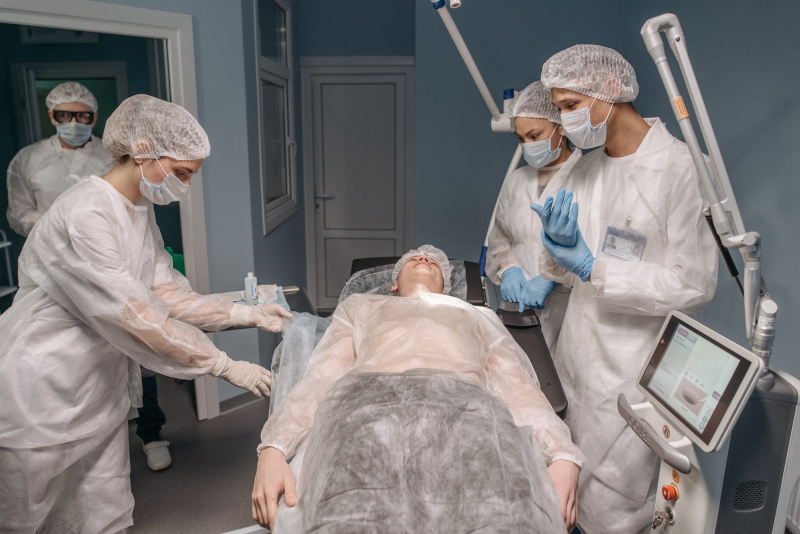
Photo by Pavel Danilyuk from Pexels -
Photographic Regional Atlas of Non-Metric Traits and Anatomical Variants in the Human Skeleton is a highly-regarded book authored by Robert W. Mann, David R. Hunt, and Scott Lozanoff. This book serves as a reference guide for forensic anthropologists and medical examiners who are tasked with identifying human remains.
The authors are renowned in the field of forensic anthropology. Robert W. Mann was a professor of anthropology and anatomy at the University of Tennessee, and he is known for his work in establishing the Forensic Anthropology Center, also known as the "Body Farm." David R. Hunt is a professor at the University of Hawaii, where he specializes in forensic anthropology and skeletal biology. Scott Lozanoff is a professor of anatomy at the University of Hawaii, and he has a particular interest in the human skull and craniofacial development. Together, the authors' expertise makes for a comprehensive guide to the identification of human remains.
The book features detailed photographs of non-metric traits and anatomical variants in the human skeleton, providing readers with a visual reference that is essential in forensic anthropology. The authors explain the importance of these traits and variants in identifying unknown remains and offer insights into the classification of human remains.
Author: Robert W. Mann, David R. Hunt and Scott Lozanoff
Link to buy: https://www.amazon.com/Photographic-Regional-Non-Metric-Anatomical-Variants/dp/039809103X/
Ratings: 5.0 out of 5 stars (from 10 reviews)
Best Sellers Rank: #545,195 in Books
#12 in Forensic Medicine (Books)
#481 in Medical Anatomy
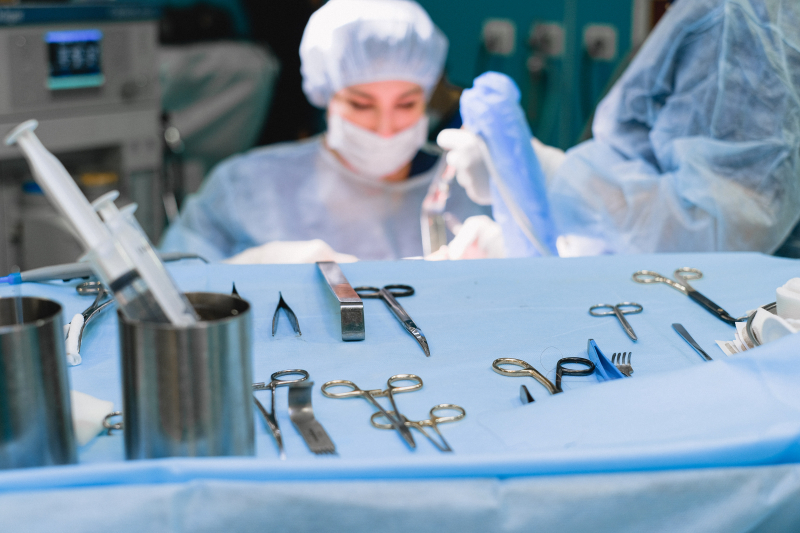
Photo by Anna Shvets from Pexels 
Photo by Mehmet Turgut Kirkgoz from Pexels -
The field of forensic medicine is a fascinating and important branch of medicine that involves the application of medical knowledge to legal issues. One of the best books on forensic medicine is the Handbook of Forensic Pathology, written by Vincent J. M. Di Maio and Suzanna E. Dana.
Vincent J. M. Di Maio is a renowned forensic pathologist who has been involved in thousands of cases during his career. He served as the Chief Medical Examiner of Bexar County, Texas, for more than 25 years and has worked as a consultant in numerous high-profile cases. Suzanna E. Dana is also a highly respected forensic pathologist who has served as an expert witness in numerous criminal and civil cases. Together, they have written a comprehensive and accessible guide to forensic pathology that is ideal for both students and professionals in the field.
The second edition of the Handbook of Forensic Pathology covers a wide range of topics, including the basics of forensic pathology, the examination of the body, and the determination of the cause of death. It also includes chapters on specific types of deaths, such as deaths from natural causes, gunshot wounds, and asphyxia. The book features numerous photographs and diagrams to help readers understand the concepts discussed and includes real-world case studies to illustrate the principles of forensic pathology.
Author: Vincent J. M. Di Maio and Suzanna E. Dana
Link to buy: https://www.amazon.com/Handbook-Forensic-Pathology-Second-Vincent/dp/084939287X/
Ratings: 4.7 out of 5 stars (from 77 reviews)
Best Sellers Rank: #609,720 in Books
#19 in Forensic Medicine (Books)
#256 in Forensic Science Law
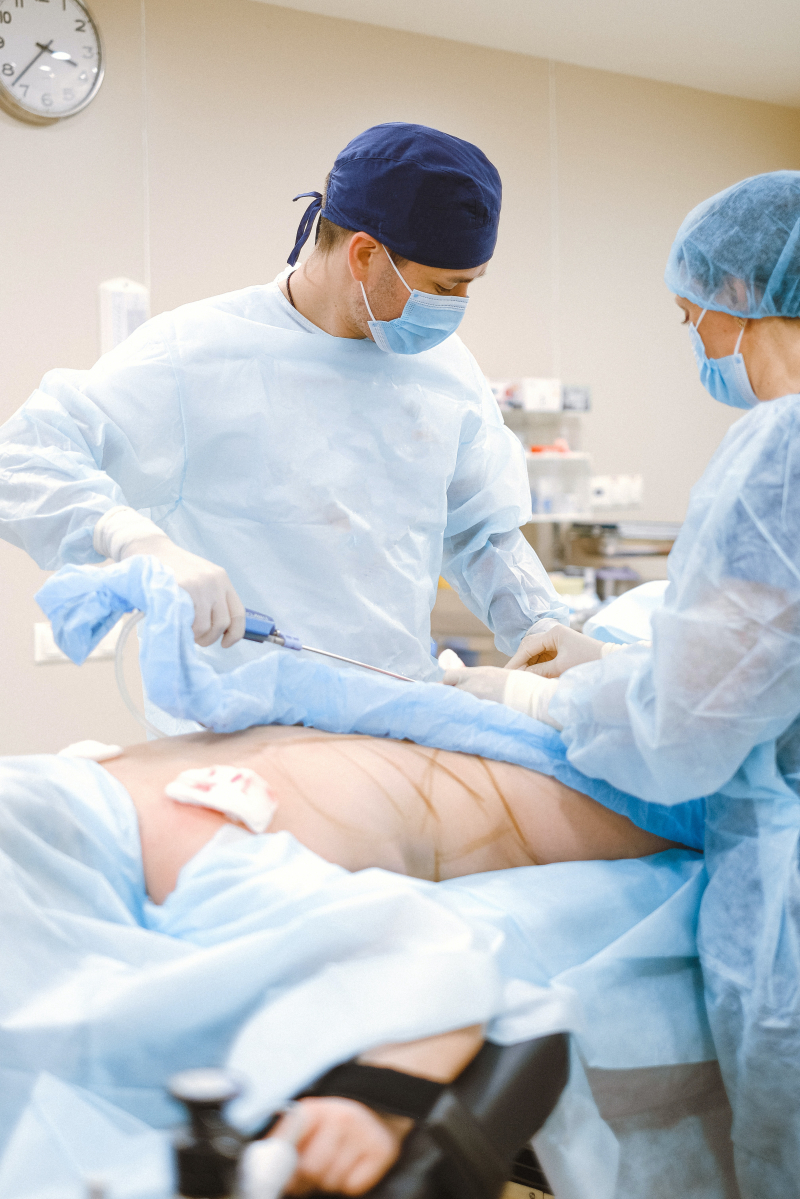
Photo by Anna Shvets from Pexels 
Photo by Jonathan Borba from Pexels -
Principles of Forensic Toxicology, written by Barry Levine and Sarah Kerrigan, is a comprehensive textbook that provides an in-depth understanding of the principles and practices of forensic toxicology. Barry Levine is a renowned forensic toxicologist who has contributed significantly to the field of forensic toxicology for over 50 years. Sarah Kerrigan is a toxicologist with expertise in analytical chemistry and toxicology, and her research has focused on the detection of drugs and toxins in biological samples.
The book is aimed at students, professionals, and researchers in forensic toxicology and related fields. The authors present a clear and concise overview of the principles of toxicology, pharmacology, and analytical chemistry, which are necessary to understand the application of toxicology to forensic investigations. The book covers topics such as drug metabolism, toxicokinetics, postmortem redistribution, drug interactions, and the interpretation of toxicological findings. Additionally, the authors provide an overview of the current analytical techniques used in forensic toxicology, such as immunoassays, chromatography, and mass spectrometry.
One of the unique features of this book is its emphasis on the practical applications of forensic toxicology. The authors provide real-world case studies and examples of how toxicological findings have been used in criminal investigations and legal proceedings. The book also includes a discussion of the ethical considerations that arise in forensic toxicology, such as the duty to report findings accurately and the potential consequences of false-positive or false-negative results.
Author: Barry Levine and Sarah Kerrigan
Link to buy: https://www.amazon.com/Principles-Forensic-Toxicology-Barry-Levine/dp/3030429164
Ratings: 4.9 out of 5 stars (from 33 reviews)
Best Sellers Rank: #919,817 in Books
#252 in Forensic Medicine (Books)
#1,594 in Pharmacology (Books)
#4,509 in Basic Medical Sciences
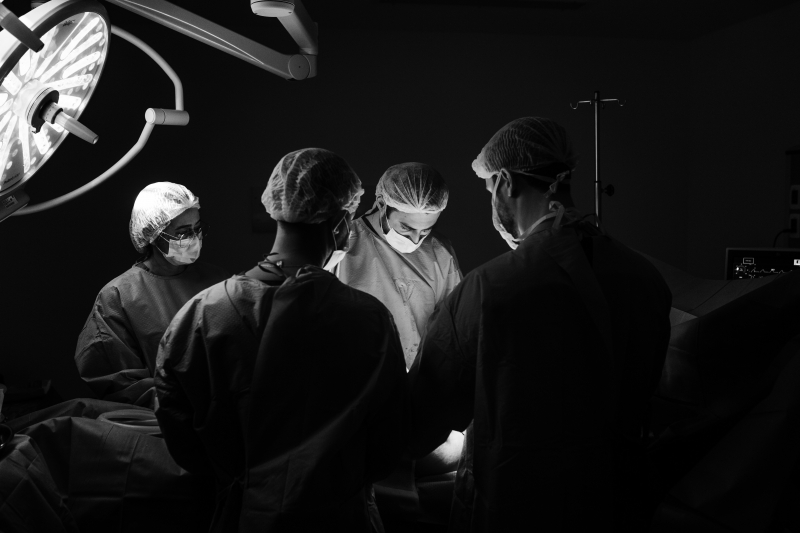
Photo by Jonathan Borba on Unsplash 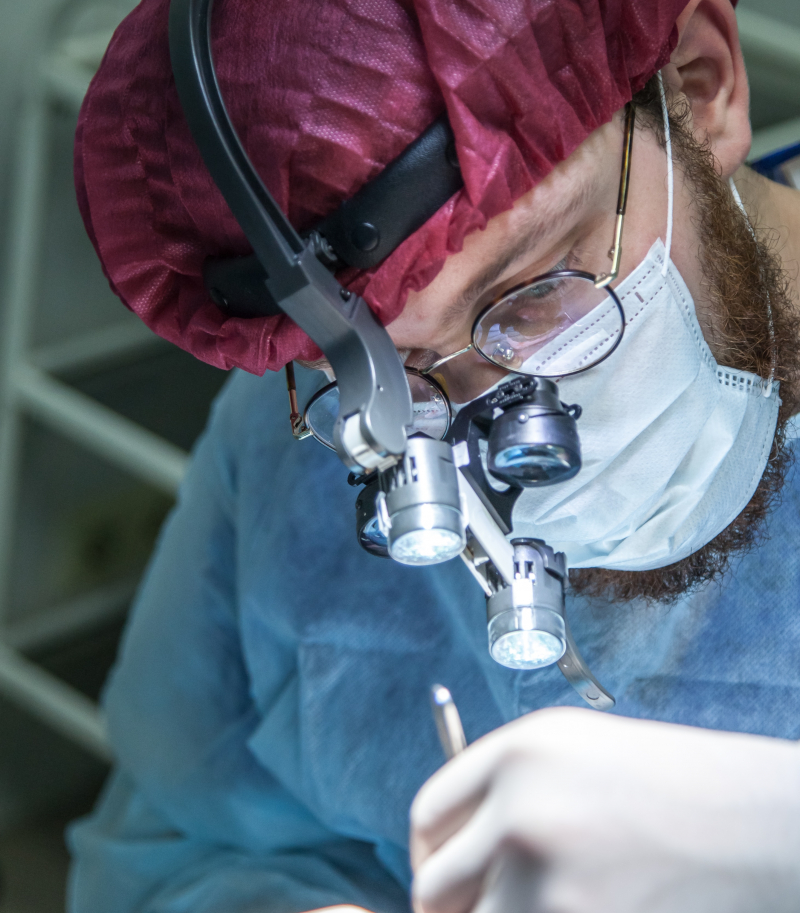
Photo by Olga Guryanova on Unsplash -
Forensic Psychology, written by Matthew T. Huss, is a comprehensive and engaging book that explores the intersection of psychology and the law. The book provides a detailed overview of the role of psychologists in the legal system, and covers a range of topics from criminal profiling and psychological evaluations to jury selection and eyewitness testimony.
Matthew T. Huss is a respected forensic psychologist and professor of psychology at the University of Nebraska at Omaha. He has over 20 years of experience in the field and has published numerous articles and books on forensic psychology. In Forensic Psychology, Huss draws on his extensive knowledge and expertise to provide a comprehensive and up-to-date overview of the field.
The book's introduction lays out the central themes and topics that will be covered in the following chapters. The introduction provides a brief history of the field of forensic psychology, and highlights the important role that psychologists have played in the legal system throughout history. The introduction also discusses the various subfields of forensic psychology, including criminal profiling, eyewitness identification, and psychological evaluations, among others.
Throughout the book, Huss uses real-world examples and case studies to illustrate the concepts and theories he discusses. He also provides a critical analysis of the strengths and weaknesses of the field, and offers suggestions for how it can be improved in the future.
Author: Matthew T. Huss
Link to buy: https://www.amazon.com/Forensic-Psychology-Matthew-T-Huss/dp/1118554132
Ratings: 4.6 out of 5 stars (from 142 reviews)
Best Sellers Rank: #453,054 in Books
#100 in Medical Forensic Psychology
#115 in Popular Forensic Psychology
#115 in Forensic Medicine (Books)

Photo by Piron Guillaume on Unsplash 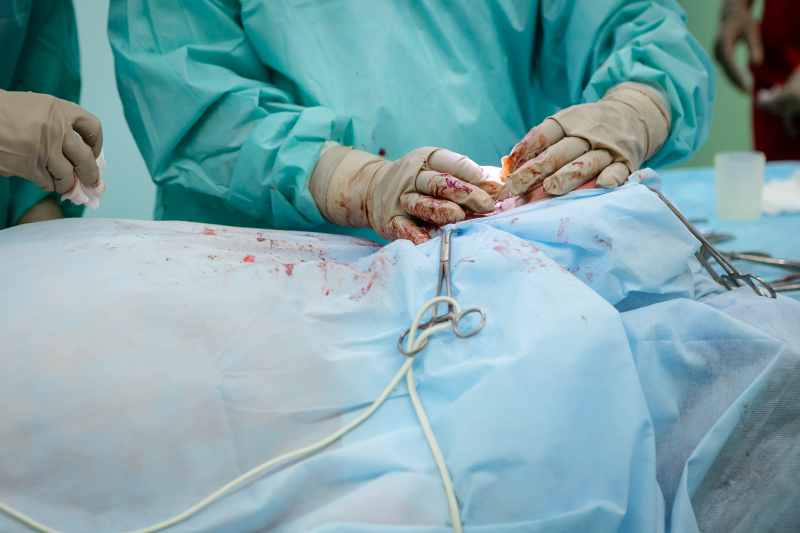
Photo by Olga Kononenko on Unsplash -
Simpson's Forensic Medicine, authored by Jason Payne-James and Richard Jones, is a comprehensive guidebook that provides a detailed overview of the principles and practices of forensic medicine. It is an essential resource for forensic pathologists, lawyers, law enforcement officials, and medical professionals who work in the field of criminal investigation.
Jason Payne-James is a renowned forensic physician who has worked in the field of forensic medicine for over three decades. He is a former president of the British Academy of Forensic Sciences and has worked as an expert witness in many high-profile criminal cases. Richard Jones is a professor of forensic medicine at Cardiff University and has extensive experience in the field of forensic pathology.
The book covers a wide range of topics, including the history of forensic medicine, forensic pathology, forensic toxicology, forensic anthropology, forensic odontology, and forensic psychiatry. It also includes chapters on the investigation of sudden and unexpected deaths, the examination of living victims of sexual assault, and the use of DNA evidence in criminal investigations.
One of the unique features of this book is that it provides practical advice and guidance on how to conduct forensic examinations and investigations. It includes numerous case studies and real-world examples that illustrate the principles and practices of forensic medicine.
Author: Payne-James and Richard Jones
Link to buy: https://www.amazon.com/Simpsons-Forensic-Medicine-Jason-Payne-James/dp/1498704298
Ratings: 4.7 out of 5 stars (from 61 reviews)
Best Sellers Rank: #1,660,042 in Books
#460 in Forensic Medicine (Books)
#847 in Forensic Science Law
#6,444 in Criminology (Books)
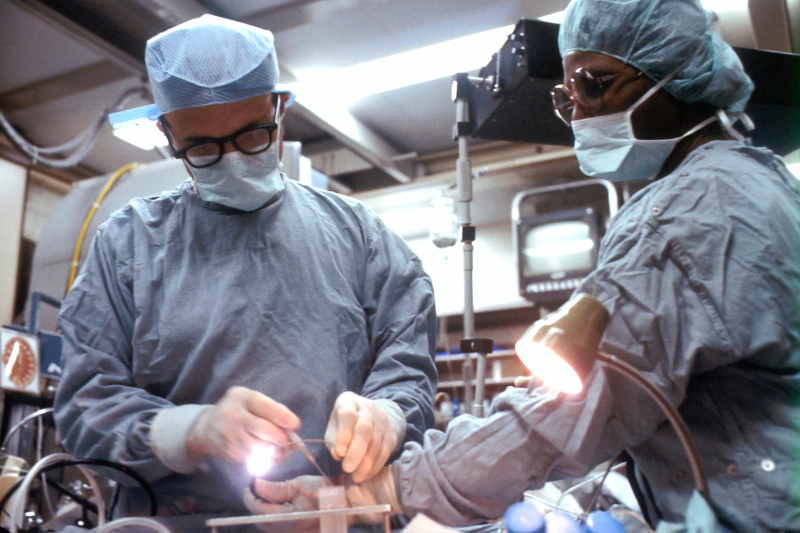
Photo by National Cancer Institute on Unsplash 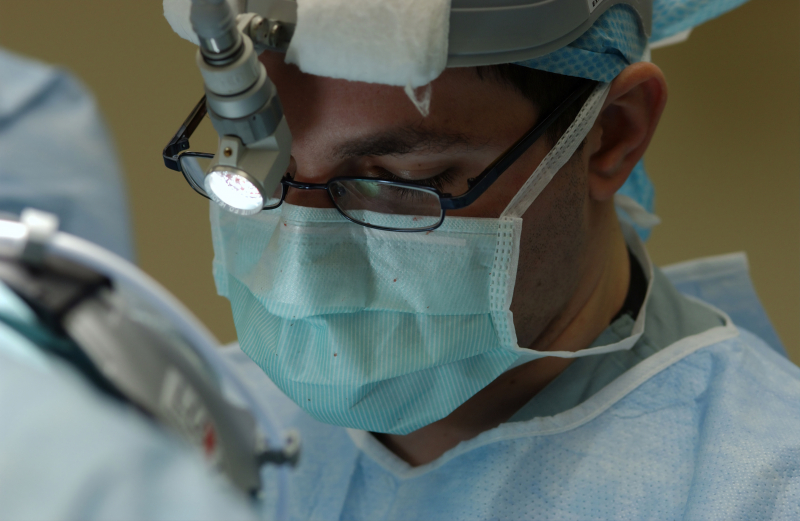
Photo by National Cancer Institute on Unsplash Copy to clipboard -
Death Scene Investigation by Michael S. Maloney is a comprehensive guide to the procedures involved in investigating and analyzing death scenes. This book is an essential resource for forensic medical professionals, law enforcement officers, and other professionals involved in the investigation of deaths.
The author, Michael S. Maloney, is a renowned forensic pathologist with over 40 years of experience in the field. He has worked on numerous high-profile cases and has published extensively on forensic medicine. In this book, he shares his expertise and knowledge with the readers in a clear and concise manner. It is considered one of the best books on forensic medicine.
The book is divided into three parts: the first part covers the principles of death scene investigation, including the role of the investigator, the basics of forensic medicine, and the legal and ethical considerations involved. The second part focuses on the investigation of specific types of death, such as natural deaths, homicides, suicides, and accidental deaths. The third part discusses the analysis of the evidence collected at the death scene, including the interpretation of injuries, toxicology, and DNA analysis.
One of the strengths of this book is its practical approach. The author provides detailed guidance on every aspect of death scene investigation, from the initial assessment of the scene to the collection and analysis of evidence. The book also includes numerous case studies and examples to illustrate the principles and techniques discussed.
Author: Michael S. Maloney
Link to buy: https://www.amazon.com/Death-Scene-Investigation-Procedural-Second/dp/1498759246
Ratings: 4.6 out of 5 stars (from 36 reviews)
Best Sellers Rank: #852,986 in Books
#227 in Forensic Medicine (Books)
#399 in Forensic Science Law
#3,088 in Criminology (Books)
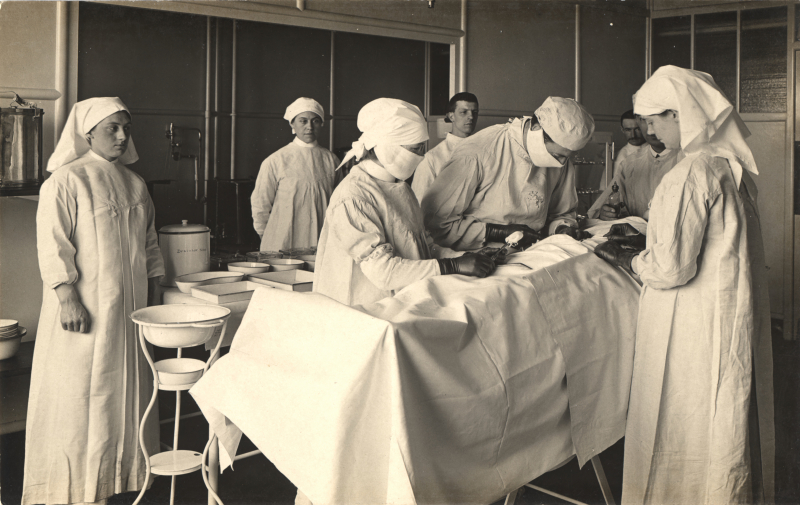
Photo by The National Library of Medicine on Unsplash 
Photo by Piron Guillaume on Unsplash -
Forensic Nursing: A Handbook for Practice is a comprehensive guide to the field of forensic nursing, co-authored by Rita Hammer, Barbara Moynihan, and Elaine M. Pagliaro. Published in 2011, this book has become a go-to resource for forensic nurses, as well as other healthcare professionals, attorneys, law enforcement officials, and policymakers.
The authors draw from their extensive experience in the field to provide a thorough overview of the forensic nursing specialty, which is the practice of nursing that focuses on the intersection between healthcare and the legal system. The book covers a wide range of topics, including the collection and preservation of evidence, the evaluation and treatment of victims of violence, the role of forensic nurses in death investigations, and legal issues related to forensic nursing practice.
One of the strengths of this book is its practical approach, providing clear guidance and real-world examples to help readers understand how forensic nursing fits into the larger criminal justice system. It also includes numerous case studies and scenarios, which demonstrate how forensic nurses can make a difference in the lives of patients, families, and communities.
The authors emphasize the importance of interdisciplinary collaboration and highlight the critical role that forensic nurses play in promoting justice, healing, and prevention. They also address some of the challenges and ethical dilemmas that forensic nurses may face, such as balancing patient confidentiality with the need to report suspected abuse or neglect.
Author: Rita Hammer, Barbara Moynihan and Elaine M. Pagliaro
Link to buy: https://www.amazon.com/Forensic-Nursing-Handbook-Rita-Hammer/dp/0763792004
Ratings: 4.4 out of 5 stars (from 49 reviews)
Best Sellers Rank: #541,883 in Books
#90 in Nursing Reference (Books)
#136 in Forensic Medicine (Books)

Photo by JC Gellidon on Unsplash 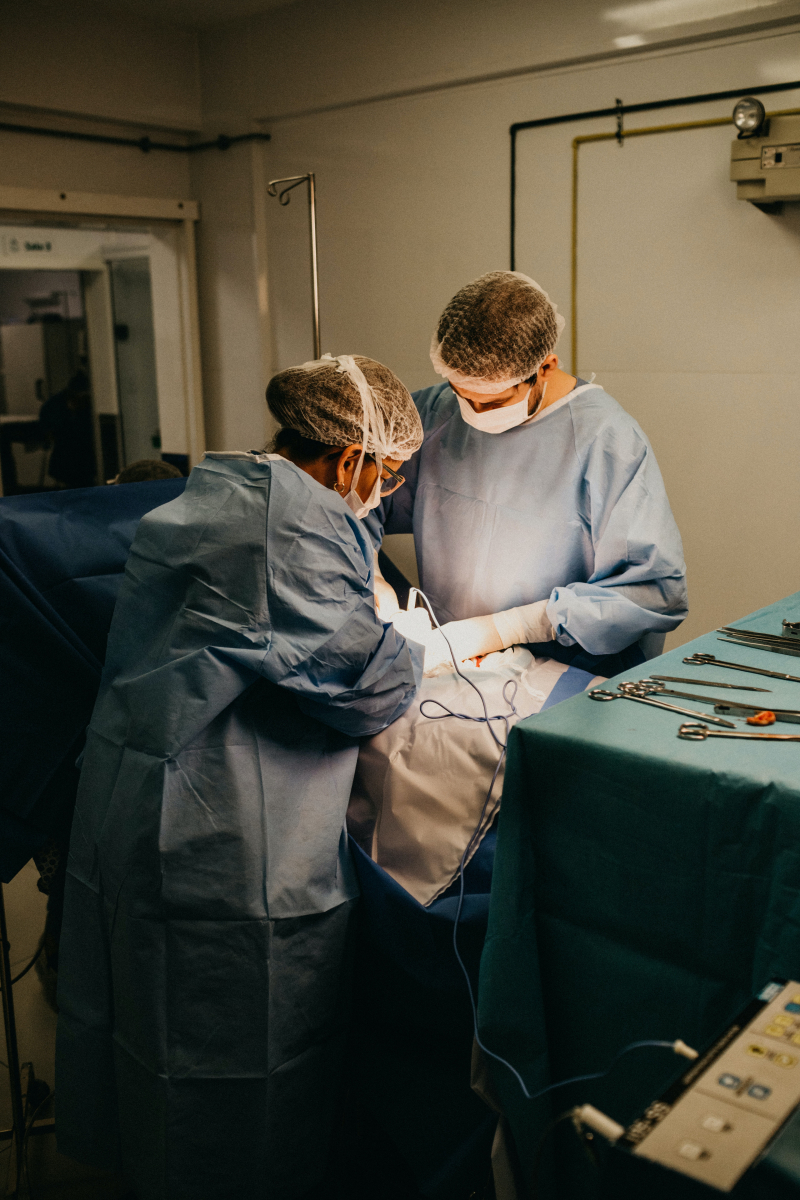
Photo by Jonathan Borba on Unsplash























